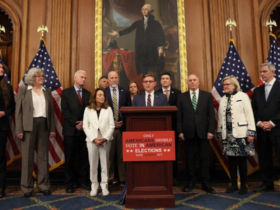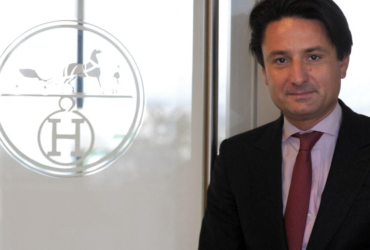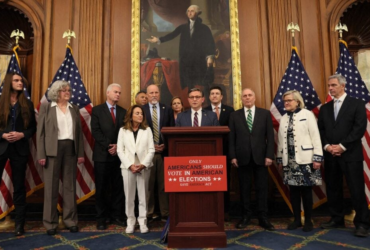A global health organization, the RBM Partnership to End Malaria, has urged governments and stakeholders to boost funding to combat malaria and prevent a potential increase in cases and fatalities.
The CEO of RBM Partnership to End Malaria, Dr. Adekunle Charles, issued the plea in response to new projections from the Malaria Atlas Project, indicating a possible surge in malaria cases and deaths if current funding levels remain stagnant.
Recent models suggest that without a funding increase, the world could witness an additional 112 million malaria cases and up to 280,700 more deaths over three years, particularly in Africa where outbreaks are likely to occur.
Charles emphasized the urgent need for additional resources, stating, “There is a clear risk of malaria outbreaks if funding remains insufficient, especially in high-burden regions struggling to provide essential malaria prevention services. Unlike other diseases like HIV and Tuberculosis, malaria primarily affects low-income countries, particularly in Africa, making it challenging for these nations to combat the disease effectively.”
“While allocating funds from the Global Fund Replenishment presents challenges due to competing priorities, it is crucial to prioritize increasing funding for malaria to prevent a widespread resurgence. Failure to do so may result in a surge in cases and higher mortality rates.
“The most vulnerable groups, such as women and young children, will bear the brunt of this impact, leading to increased poverty levels and straining already fragile healthcare systems, with far-reaching economic repercussions.”
During a recent meeting organized by the African Leaders Malaria Alliance, themed ‘Confronting the Malaria Perfect Storm,’ the President of Guinea-Bissau, Umaro Embaló, also cautioned that reducing funding for malaria within the Global Fund Replenishment could exacerbate malaria cases and deaths in Africa.

















Leave a Reply